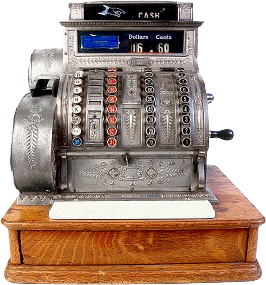Getting What You Pay For In Legal Education
 [Editor’s Note: This month, we asked a few veteran faculty members to share their reflections on what has changed the most in legal education since they became law professors. This is the sixth and final entry in the series.]
[Editor’s Note: This month, we asked a few veteran faculty members to share their reflections on what has changed the most in legal education since they became law professors. This is the sixth and final entry in the series.]
Legal education is no longer lean. When I was hired as Marquette Law School’s third administrator in 1975, the Law School had about a dozen full-time faculty members and three professional law librarians. These days, the Law School has a dozen administrators, forty or so full-time faculty, and more than a dozen professional librarians. The Law School facility is more than three times larger than when I started at the Law School. That enrollment is up some, from about 450 full-time students to about 600 full-time students and another 150 part-time students, accounts for only a fraction of the growth.
The principal change I’ve seen in my 35+ years at the Law School (I was an adolescent when first employed by Marquette) is this amazing growth in the resources and cost of legal education. Students are paying unprecedented amounts for a law school education and receiving access to unprecedented resources in return.
Some of the most important new resources and costs are those mentioned by my colleagues in this blog series.
